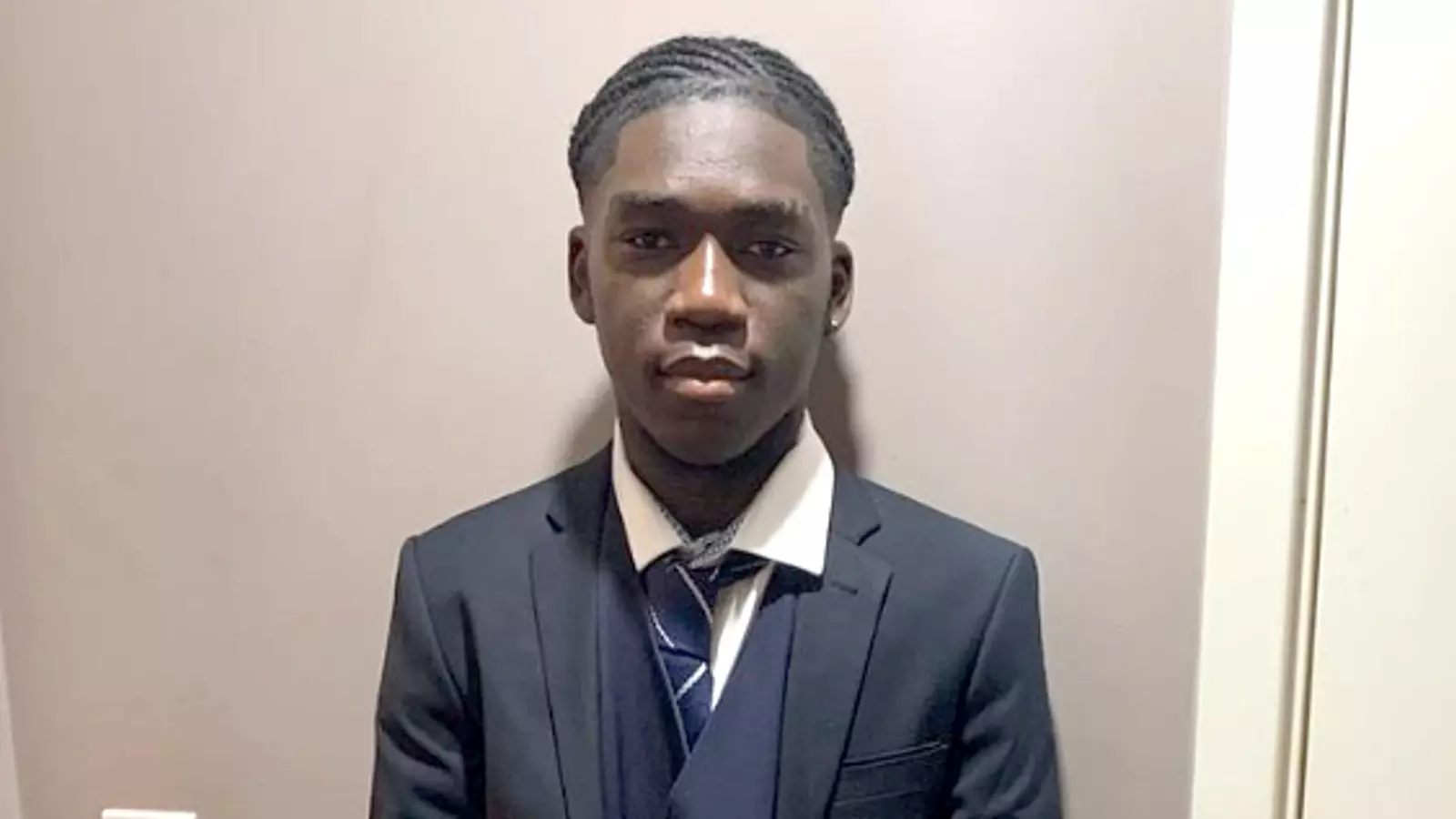In a situation that underscores the complexities of navigating foreign legal systems, 18-year-old Marcus Fakana from London has received a one-year prison sentence in Dubai. This sentence stems from a romantic relationship he had with a 17-year-old girl, also from London, during a family holiday in the United Arab Emirates (UAE). The case reveals not only the cultural differences surrounding romantic relationships but also the precarious nature of legal ramifications that young travelers may face when they step into jurisdictions with strict laws.
After his arrest in September, Fakana’s case drew attention from advocacy groups, including Detained In Dubai, which slammed the situation as a “disgrace.” There are serious allegations that the British government showed indifference to his plight, leaving him feeling isolated and unsupported. With appeals anticipated, the role of government representatives, such as the UK Foreign Secretary David Lammy, becomes paramount in ensuring that citizens abroad are not left to fend for themselves against unforeseen legal tribulations. The expectation of assistance from one’s home country is paramount in cases like these, prompting urgent discussions about how such diplomatic support is provided to nationals faced with legal troubles overseas.
The harsh reality for travelers in Dubai is the country’s strict enforcement of laws regarding relationships, particularly those involving minors. The UAE has clear regulations regarding the age of consent, which is 18, and violations of these laws can lead to severe punishment. In Fakana’s case, the legal repercussions were triggered after the girl’s mother discovered evidence of their relationship and promptly contacted the Dubai authorities. The incident serves as a cautionary tale for young travelers who might underestimate the seriousness with which local laws are enforced, often leading to unintended consequences for seemingly innocent actions.
As the case continues to unfold, there are broader implications regarding media involvement and its ability to sway legal outcomes. Previous incidents, such as that of an Irish cabin crew member facing charges of attempted suicide in Dubai, highlight how public attention can play a vital role in influencing the judicial process. In Fakana’s instance, the media and political pressure could potentially aid in overturning his sentence. The ability of media narratives to shift perceptions and encourage governmental action is becoming increasingly apparent in both domestic and international contexts.
Ultimately, the case of Marcus Fakana serves as a sobering reminder of the need for cultural and legal awareness for travelers. Holiday romances can lead to unexpected complications, particularly when stringent laws are involved. As societies become more interconnected through tourism and global travel, understanding the laws of different countries is crucial. It is imperative for young travelers to seek knowledge about local regulations to avoid finding themselves ensnared in legal disputes, as well as to ensure they have adequate support from their home governments should the need arise.


Leave a Reply